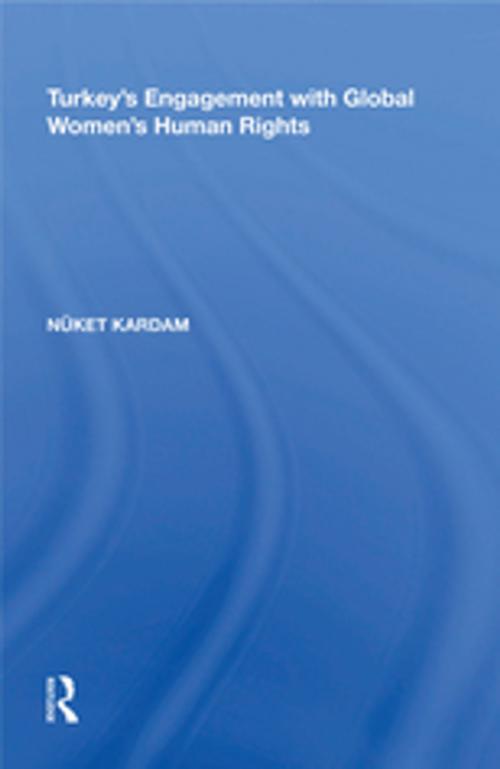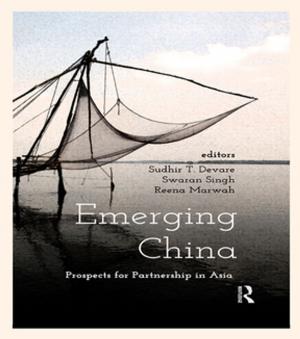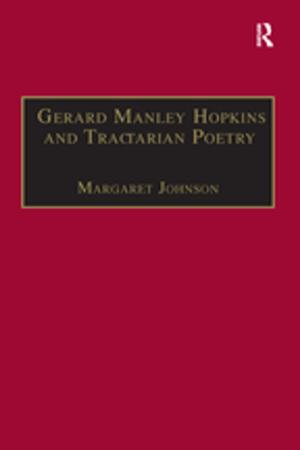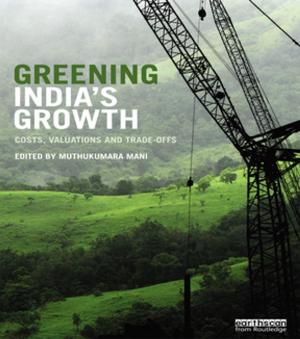Turkey's Engagement with Global Women's Human Rights
Nonfiction, Social & Cultural Studies, Political Science, International, International Relations| Author: | Nüket Kardam | ISBN: | 9781351143868 |
| Publisher: | Taylor and Francis | Publication: | November 30, 2017 |
| Imprint: | Routledge | Language: | English |
| Author: | Nüket Kardam |
| ISBN: | 9781351143868 |
| Publisher: | Taylor and Francis |
| Publication: | November 30, 2017 |
| Imprint: | Routledge |
| Language: | English |
Examining the rise of global women's human rights and their interpretation and application to Turkey, Nüket Kardam provides an in-depth study that applies global norms - including women's empowerment, overcoming violence against women, and gender and good governance - to a specific locale in order to examine events post application. The volume examines whether a gender equality regime exists and looks into the Turkish attempt at compliance. Moreover, it analyzes the tension between abstract universalism, Western enlightenment values, and local values and identities, including the role of Islam regarding women's rights. This groundbreaking study also includes research on the women's movement in Turkey, its discourses and its relationship with the state from the 1980s onwards, during which time multilateral and bilateral donors, and the European Union came to exert more influence, and new civil society partnerships were formed with the state.
Examining the rise of global women's human rights and their interpretation and application to Turkey, Nüket Kardam provides an in-depth study that applies global norms - including women's empowerment, overcoming violence against women, and gender and good governance - to a specific locale in order to examine events post application. The volume examines whether a gender equality regime exists and looks into the Turkish attempt at compliance. Moreover, it analyzes the tension between abstract universalism, Western enlightenment values, and local values and identities, including the role of Islam regarding women's rights. This groundbreaking study also includes research on the women's movement in Turkey, its discourses and its relationship with the state from the 1980s onwards, during which time multilateral and bilateral donors, and the European Union came to exert more influence, and new civil society partnerships were formed with the state.















